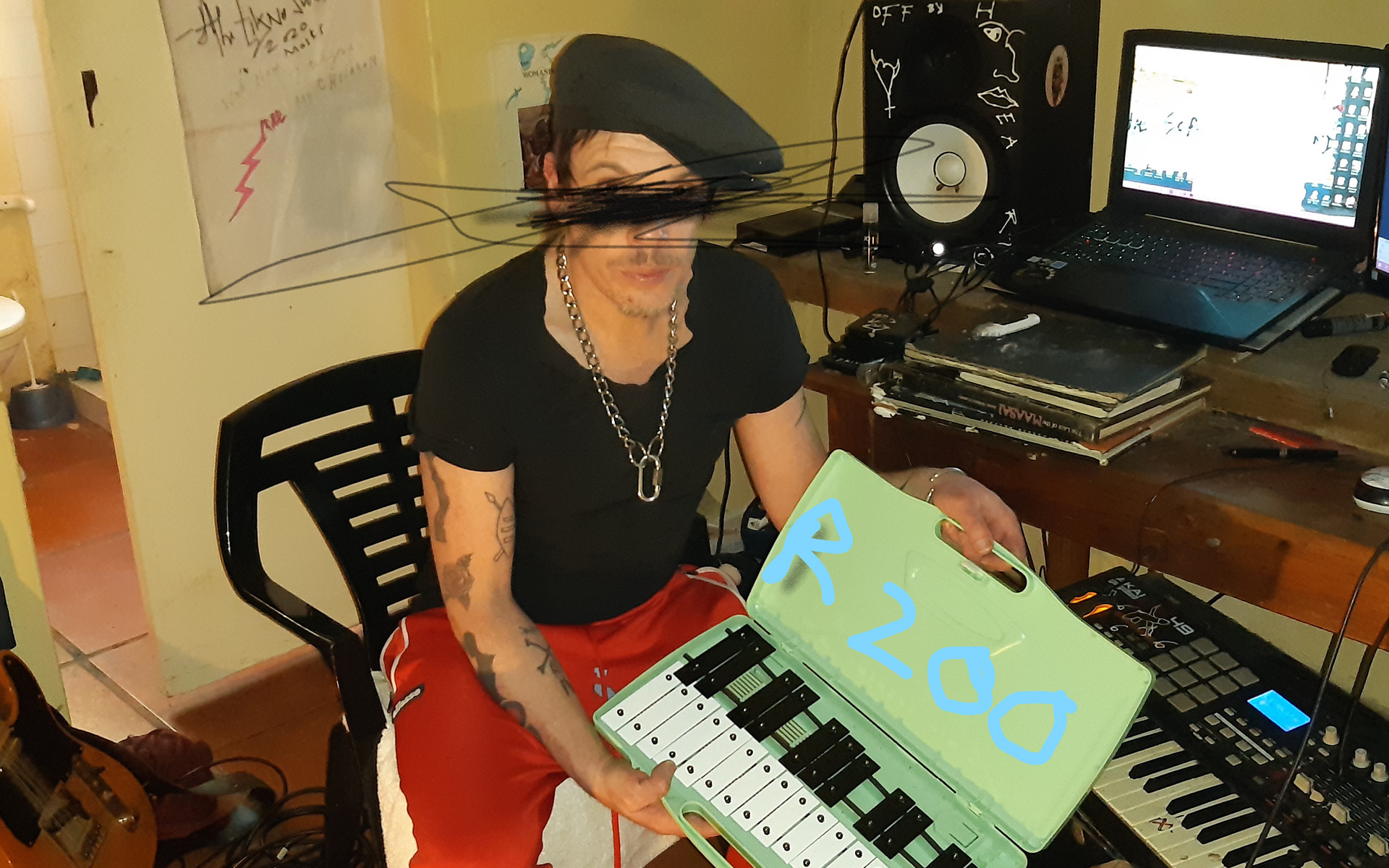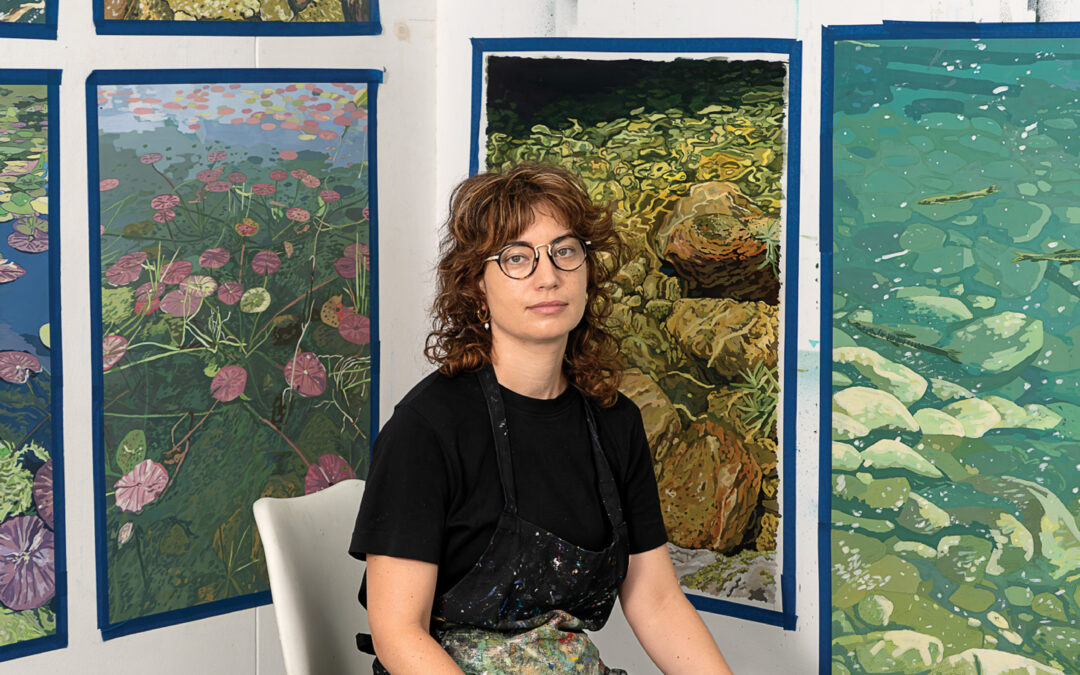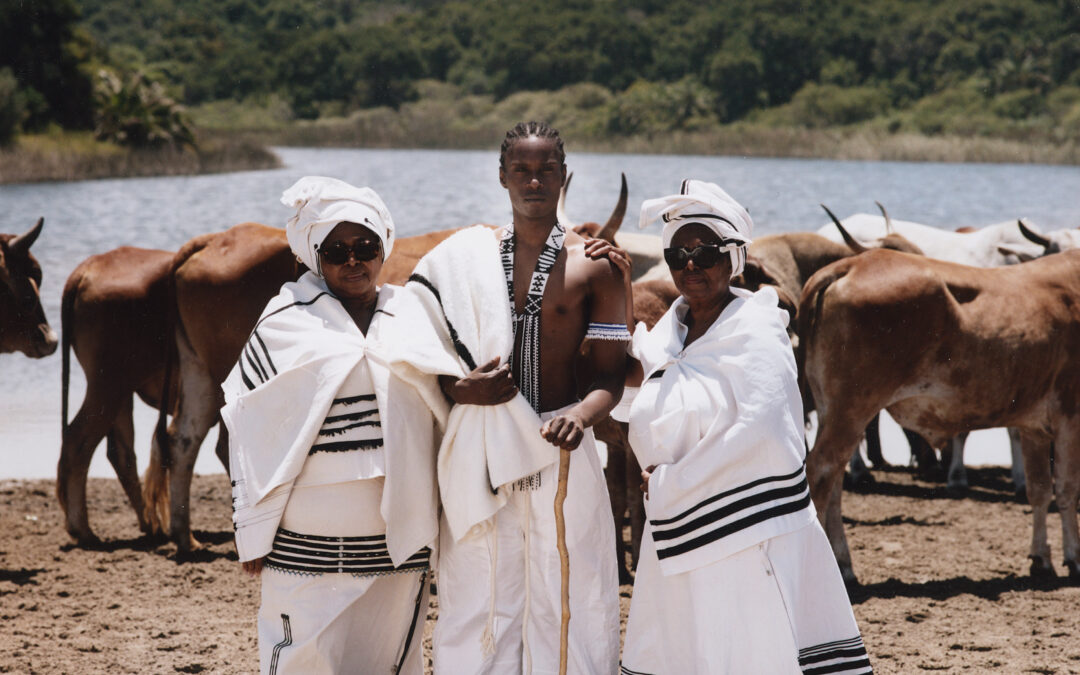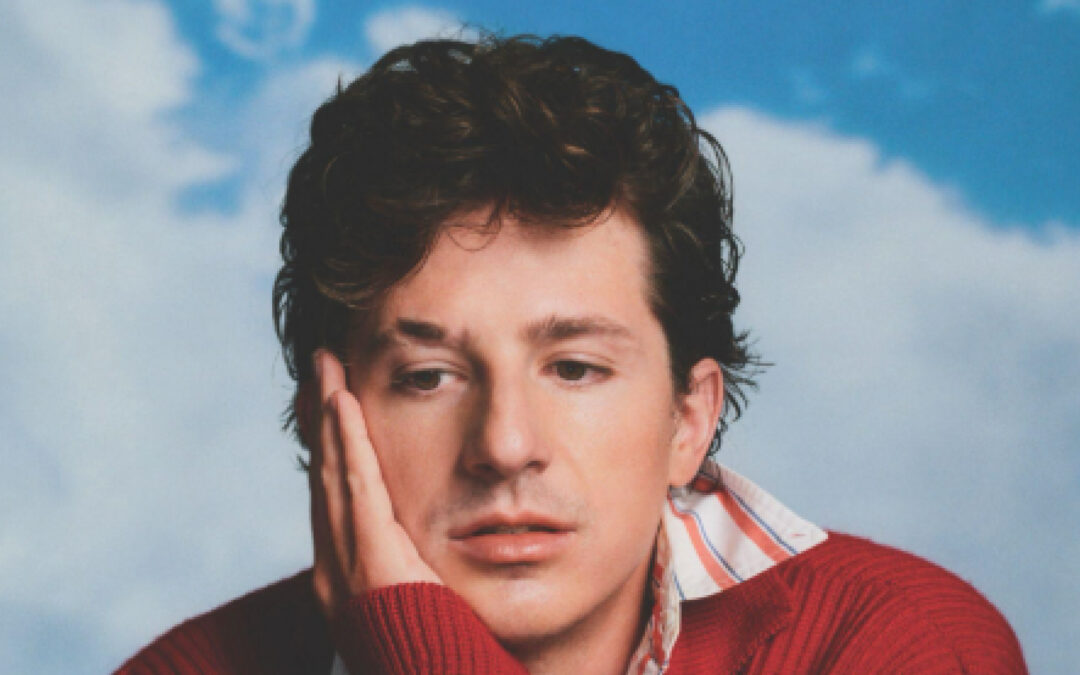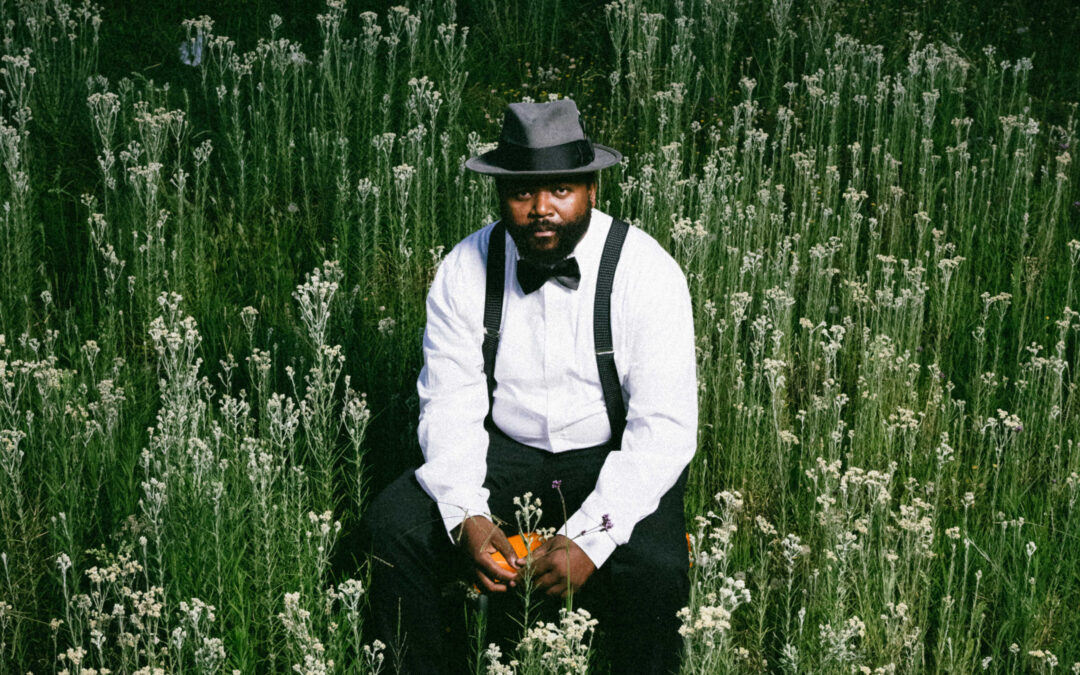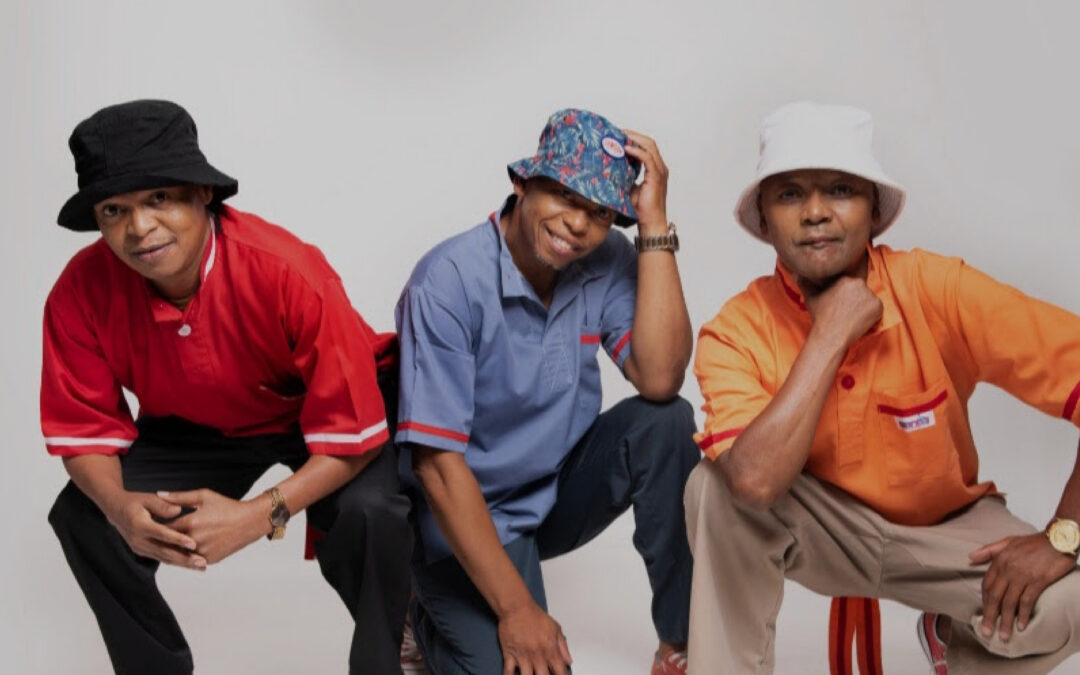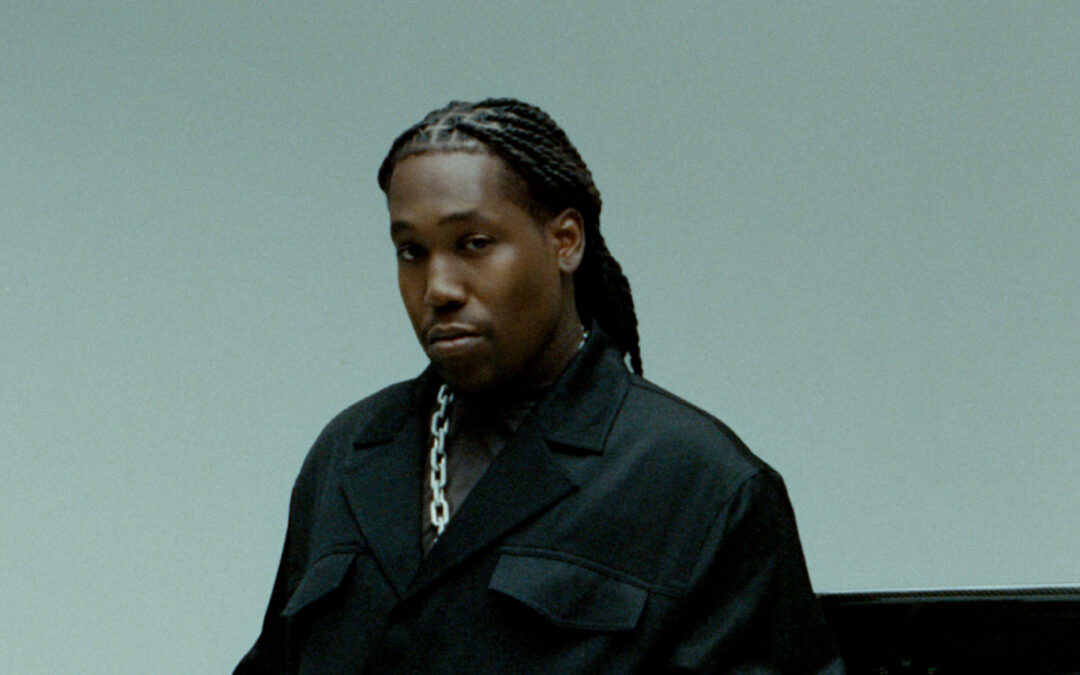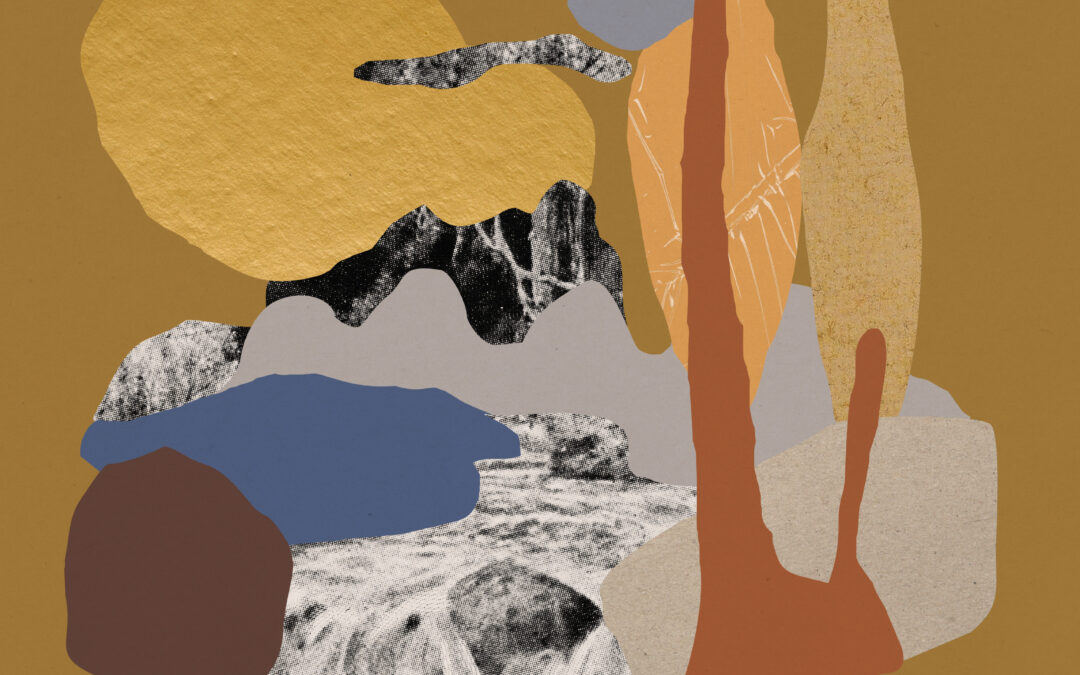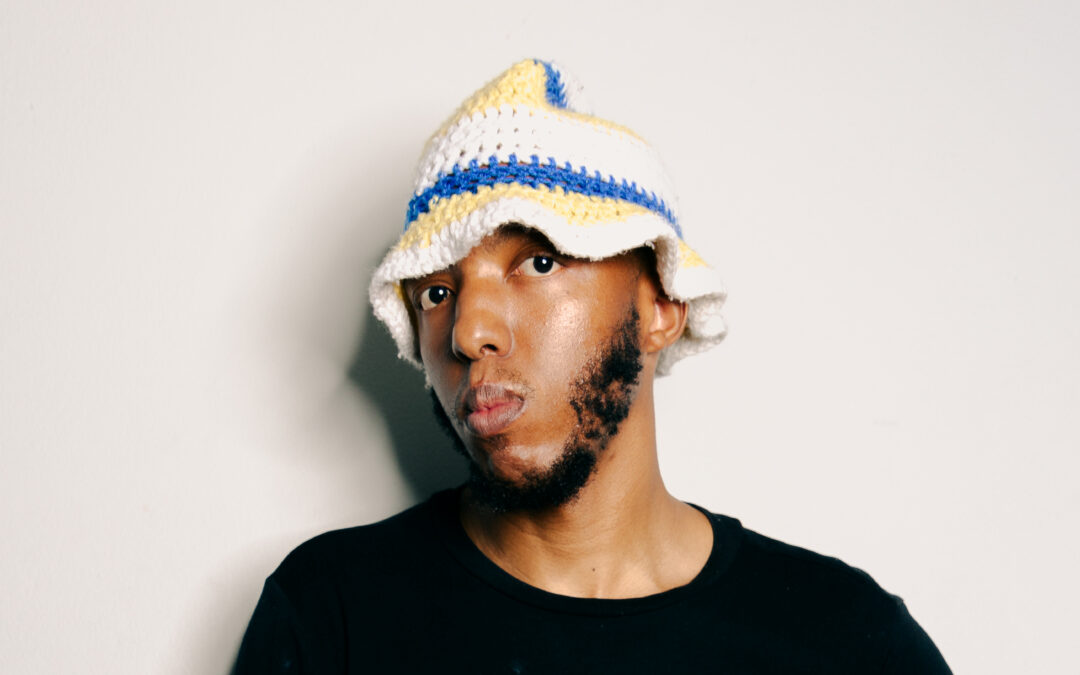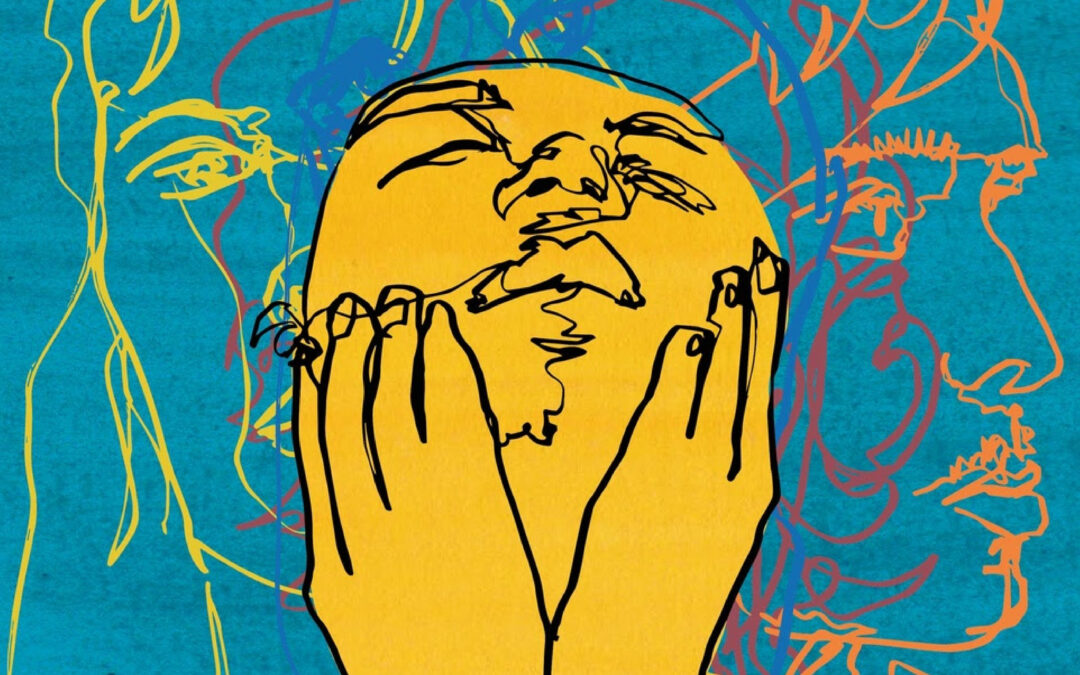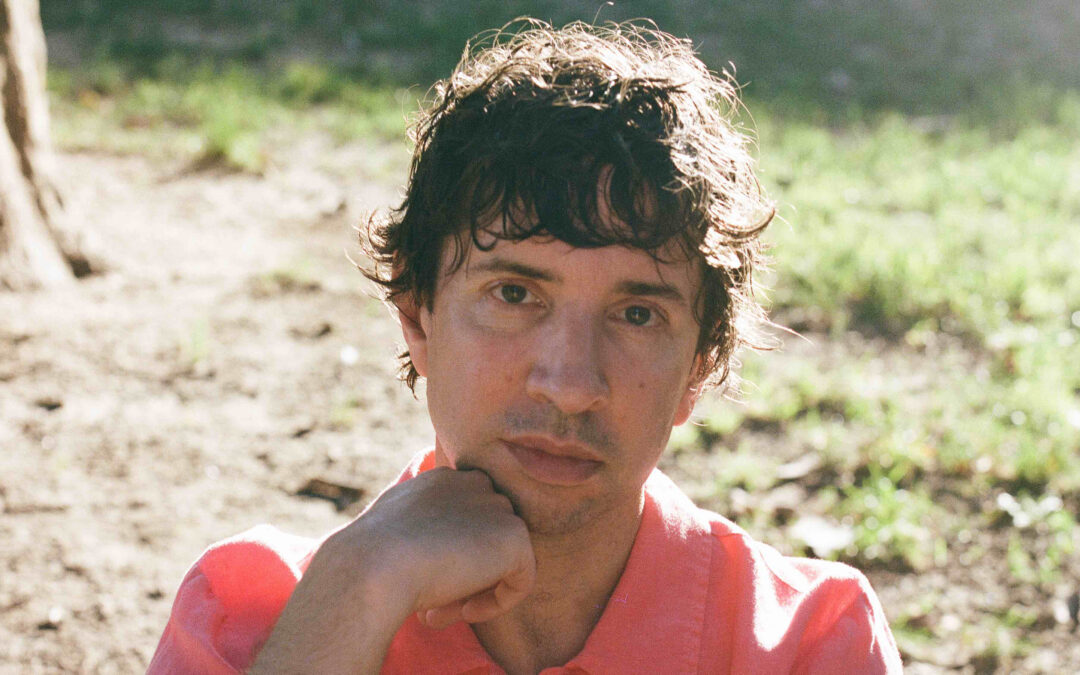Life is complicated. Messy – beautiful, fleeting – wrought with duality at any given moment, on any given day. Our voice at Connect Everything Collective hinges on the immense fascination and respect that we have for human creativity – and in our context, the way this creative anima is reflected throughout South Africa. At the altar of musical and artistic salvation stands a figure for whom this reflection has been underway since the mid ‘90s – for many of our readers, this is a lifetime. Felix Laband can be seen in images with his brow knit fervently – eyes piercing into the camera, laced over with a thousand stories of life as a South African musician; escaping, returning back, this movement through his career bound by an interest – like many great artists – that is piqued wholly by the inextricable void that from where creativity is most often derived; existentialism, and the effect that the very act of existing has on our very strange, very uncertain human lives.
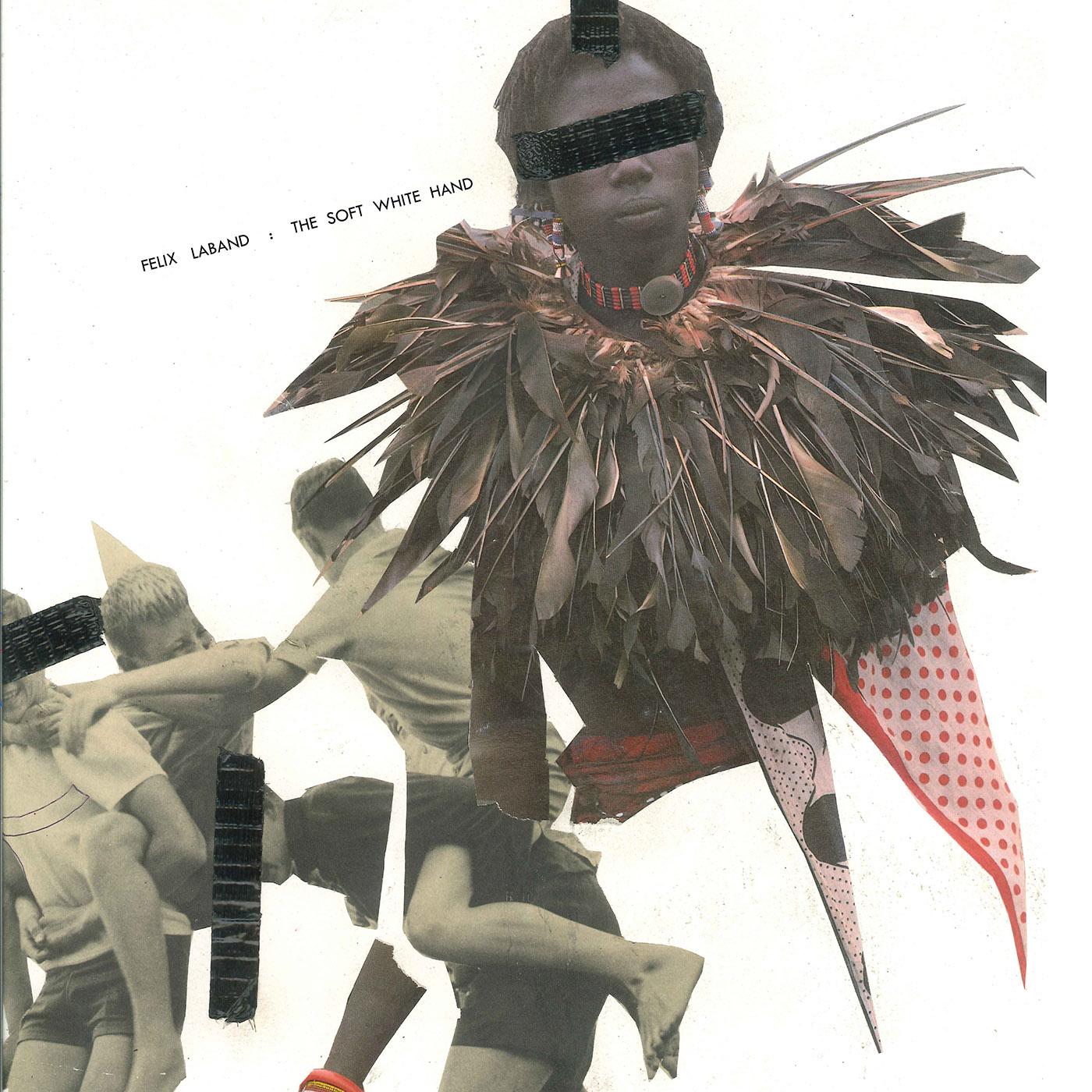
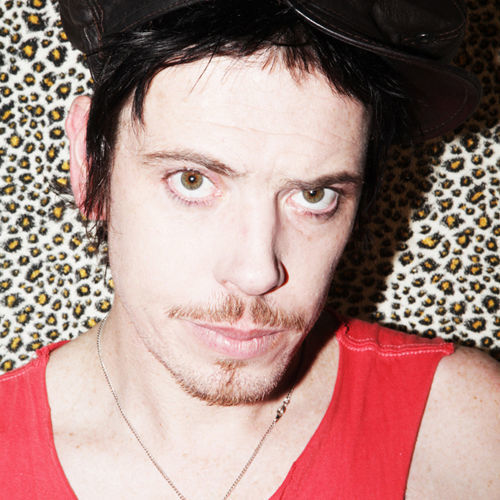
Felix’s talent for collage – both visually and sonically – is underpinned by a phrase he stated many years ago, that ‘copy and paste is my mantra’. His musical journey begins like any punk kid’s should; in a thrash band, in ‘95 in a barely democratic country relinquishing the chokehold held on it by evil fascists. Then, as any punk born in a fastly-futuristic, digital world with many things to say, might do – Felix’s left turn towards electronic music remains his most potent seat of creation. Like a South African version darting out from the Gods’ that forged Aphex Twin; in many ways, Felix is a seminal leader of electronic music in the country, and nothing will really ever change that. Even with bouts of absence from the scene, which we get to later, the melodic – wildly touching and igniting – Laband-esque soundscape ambiently stretch across from his debut album in 2001, Thin Shoes in June, to Deaf Safari in 2015 – as if he has always been here – his creativity unencumbered by personal struggles. Now, with a new album set to release – ‘The Soft White Hand’ – Felix offers Candice and I insight into the chamber of reflection that are his thoughts and feelings.
Within Felix’s discography, and notably for Deaf Safari, are samples pulled from the miasma of socio-political activity in South Africa – an audio collage of the media landscape surrounding Felix’s existence in the culmination to its release in 2015. This caveat of Felix’s style – the ability to splice together different frames of sounds into a singular musical expression – retains Felix’s irrevocable talent, and in reflection of this, he says, “I was making it from about 2007 or 2008. I had just moved back to Johannesburg, and it was cool being back – it was like actually being back in South Africa, you know? I was living in Rosebank, and I was quite engrossed in what was happening with Zuma, and the underlying political tension in the country.” For this new album, Felix has reached further back in time, to an issue symbolic of his own lived experience – and mine too. The so-called ‘war on drugs’; “This sampling is quite different. I almost felt in the making of this album, nervous even towards political sampling. It’s become so contentious and confusing; our society is so on edge and divided. So, this new album took a different turn. I got obsessed with these documentaries from the ‘80s in America about the crack-cocaine epidemic. It’s a lot more personal to me – people talking vulnerably about their addictions, the everyday chaos of using. It’s almost autobiographical in that way. It’s a lot more interesting and visceral, and I like to sample things that tell both sides of the coin; slightly humorous, but also devastating truths of society.”
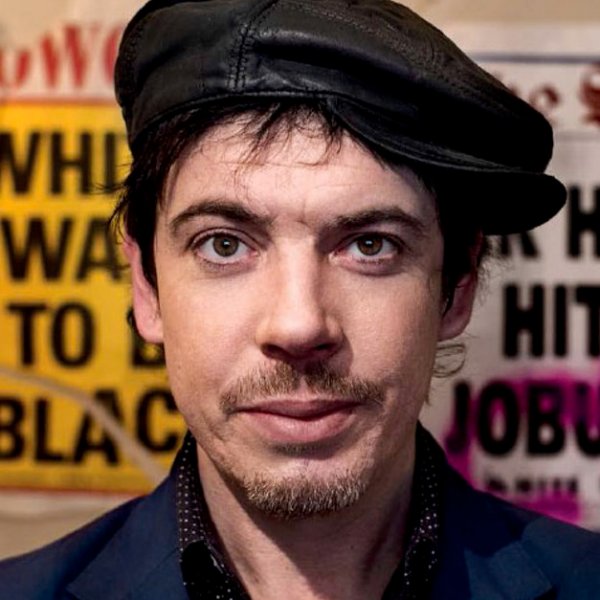
Self-disclosure as a recovering addict, this strikes to the core of my own existential battle; waged on as I have lived in and out of treatment, the rooms of Narcotic Anonymous; the demons that reverberate inside of me, at bay for now. We don’t really speak about addiction – its grip on the social fabric of the world, a symptom of socio-political, colonial legacies; and even as it singularly plagues our country, all hushed lines cut and snorted and needles strewn in city centres – we don’t really address it within creative spaces, either. Felix says, “It’s out of control in the country, we have such a fucked up drug culture. And in the states now, with the fentanyl epidemic – everyone is dying. I had the wonderful experience of ending up in prison in 2020, due to drugs, and almost everyone there was for drugs. What do people do, all day in jail? Drugs. There is no strategy for healing, really – it’s individual and community responsibility. What about the powers, higher up?”
For Felix, and for many artists in South Africa, innate talent & an incisive viewpoint don’t really correlate to the kind of careers that people overseas, with half as such ability, can gain. So it remains the ever-dangling carrot of greener pastures overseas – Berlin as one that has beckoned Felix for years, and a path he is intent on giving a go at some point. Felix comments, saying “We have this thing in South Africa where club owners themselves think that they can play every night – alongside their friends or family. It’s the same rinse and repeat, the same setlists – the same sounds. They’re scared of any young producers emerging. The late 90s in Cape Town promised a different story, to be honest. I can be quite jaded, but I am in a fortunate position than most – I have a good listenership on streaming sites, so I can get by on royalties and not really gig anymore, and I haven’t worked in advertising in a long, long time. But as far as a different landscape, I don’t know – I’m 45 this year – going somewhere and starting fresh is something I want to do.” Candice reminisces about one of her best memories of Felix playing – in 2016, shortly after her move from Joburg – seeing him do a set on Clifton 2nd, listening on headphones – the sun setting, joints lit. What for, Felix, are historic sets for him? ‘’Kitcheners in Johannesburg remain the best memories for me. The audience was mostly black South Africans, and the support – the total acceptance – it brought my spirits back, and got me excited again. I remember that period with a lot of fondness. I had one gig at Fiction that was really great, and many bad ones too – getting kicked off the decks. In between squandering my name, I’ve felt the fire of what it means to perform, and engage with people through sound. Hopefully that will always triumph in contrast to the rest.”
Felix is a being of great contrast – and his final sentiment is a truth we hold. In the trenches of darkness and turmoil, a light will always shine – where someone’s spirit supersedes the regrets or behaviours that may linger in the wake of their human steps. I hear this in “A True Friend Is To Find” from Felix’s Bag of Bones EP – with the opening sample, a gut-wrenching warning by Archbishop Desmond Tutu to the ANC. Tapering off into an ethereal trail of notes, layered in weight for its description of the mood of South Africa; it’s hard to make music that offers up one’s whole heart. Felix does precisely this, every time. It is my hope for any person – with something to say, with a heart on their sleeve – to be remembered for their intentions in the world. Felix’s intentions, above all else, has always been the pursuit of recklessly provoking expression; in the dullness of everyday existence, there is no greater cause.
Felix’s new album, ‘The Soft White Hand’ will be released on November 18, 2022 – we cannot wait to hear what the master has in store for us.
Written by: Holly Bell Beaton
For more news, visit the Connect Everything Collective homepage www.ceconline.co.za

